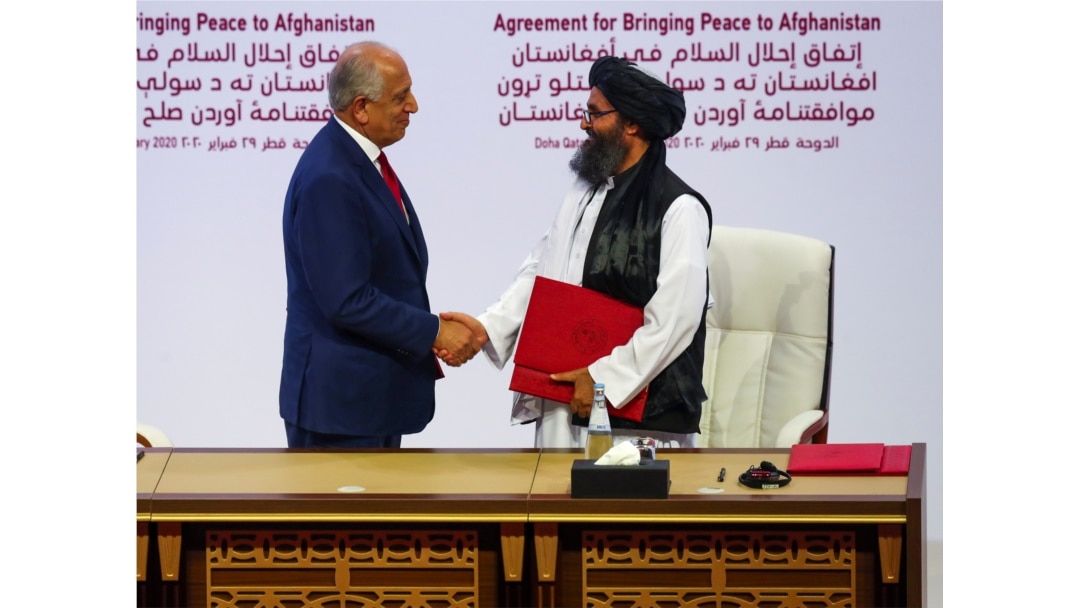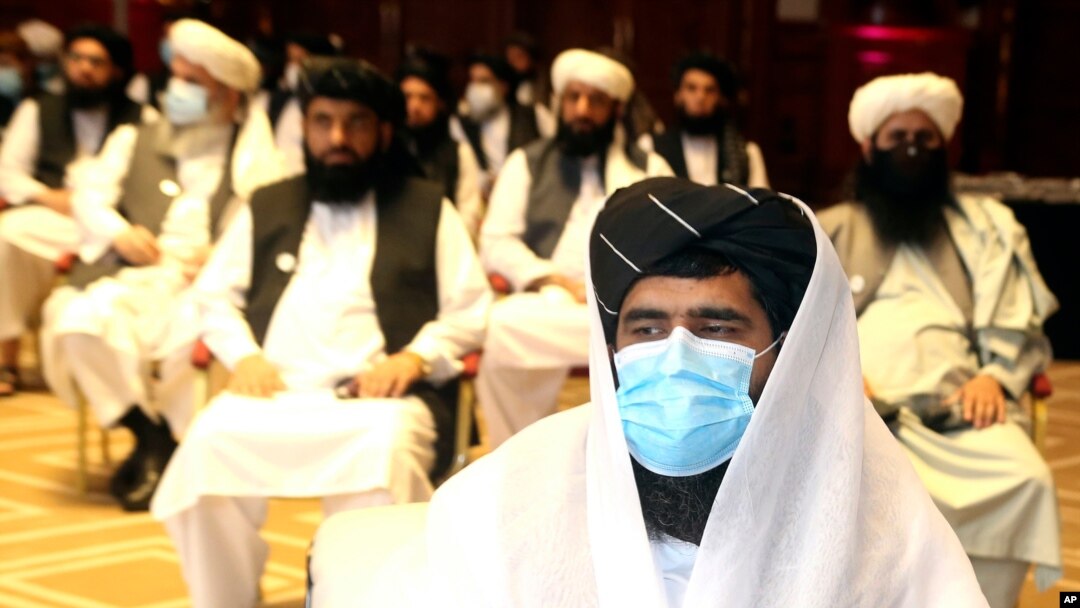The United States says it has agreed with the Taliban “to reset actions by strictly adhering to” the terms of an agreement reached between the two adversaries earlier this year to close the war in Afghanistan.
“We will do our part and will monitor implementation actively. All parties must deliver on their responsibilities,” Zalmay Khalilzad, the U.S. special envoy to the war-torn country, tweeted Thursday about the “reset” deal with the Afghan insurgent group.
Khalilzad said the understanding stemmed from several meetings he and General Scott Miller, the commander of U.S. forces in Afghanistan, had held with insurgent leaders in Qatar.
“We agreed to reset actions by strictly adhering to implementation of all elements of the U.S.-Taliban agreement and all commitments made,” he noted.
“This means reduced numbers of operations. At present too many Afghans are dying. With the reset, we expect that number to drop significantly,” Khalilzad explained.
The envoy did not offer details on any steps the U.S. or the Taliban would take to reduce the level of Afghan violence.
The Feb. 29 U.S.-Taliban agreement required the insurgent group to sever links with al-Qaida and other terrorist groups and negotiate a political arrangement with Afghan rivals to end the 19-year-old conflict to enable thousands of remaining U.S. troops to leave the country by May 2021.

FILE - Mullah Abdul Ghani Baradar, leader of the Taliban delegation, and Zalmay Khalilzad, U.S. envoy for peace in Afghanistan, shake hands after signing an agreement between Afghanistan's Taliban and the U.S. in Doha, Qatar, Feb. 29, 2020.
The landmark pact led to the opening of historic direct peace talks between Taliban leaders and representatives of the Afghan government a month ago amid expectations the process would bring down the level of violence in the country. But battlefield hostilities instead have intensified, killing thousands of Afghans.
This week, the Taliban launched large-scale coordinated offensives in southern Helmand province to try to capture the provincial capital, Lashkargah. The United Nations says the ensuing fighting has displaced thousands of Afghan families and caused hundreds of casualties.
The insurgent territorial advances prompted the U.S. military to launch airstrikes in Helmand in support of embattled Afghan forces, killing dozens of Taliban fighters.
"Attacks have been on the rise in recent weeks — threatening the peace process and alarming the Afghan people and their regional and international supporters,” Khalilzad cautioned.
The intra-Afghan peace talks in Doha, Qatar, have not achieved any breakthrough since they started on Sept. 12. Both sides appear to have been bogged down in procedural matters.
FILE - Abdullah Abdullah, center, chairman of Afghanistan's High Council for National Reconciliation, attends the opening session of the peace talks between the Afghan government and the Taliban in Doha, Qatar, Sept. 12, 2020.
In a bid to allay fears of a deadlock, Taliban and Afghan government team officials said on Wednesday that meetings between the two teams were under way to discuss contentious issues and “present solutions."
Afghan officials, however, lamented that a tweet last week by President Donald Trump calling for all U.S. troops to be home by Christmas had given the Taliban the upper hand in negotiations and had emboldened the insurgents to intensify battlefield attacks.
Abdullah Abdullah, the head of Afghanistan’s High Council for National Reconciliation, said in an interview published Thursday that the Taliban “might see it [Trump tweet] in their advantage” and come back by force if the United States withdrew from the country.
"Nobody has given any clarity,” the Financial Times quoted Abdullah as telling the newspaper.


